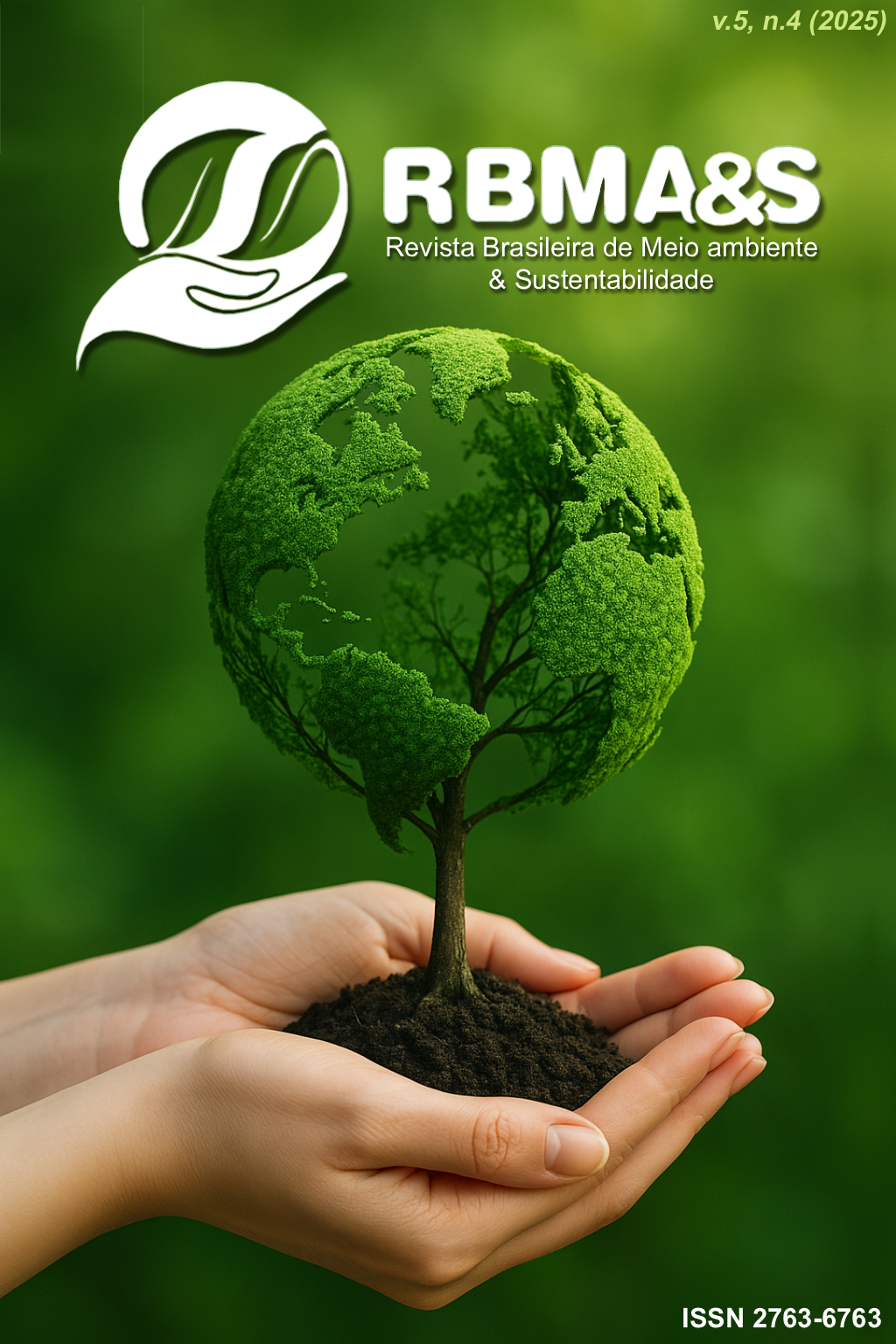DESAFIOS E BENEFÍCIOS NA IMPLEMENTAÇÃO DE METODOLOGIAS ÁGEIS EM PROJETOS SOCIOAMBIENTAIS CHALLENGES AND BENEFITS IN IMPLEMENTING AGILE METHODOLOGIES IN SOCIO-ENVIRONMENTAL PROJECTS
Main Article Content
Abstract
ABSTRACT
Socio-environmental projects are characterized by initiatives that integrate environmental conservation and social development, resulting in improvements in food security, public health, and social cohesion. It is essential to consider current organizational structures and processes to ensure that agile methodologies are applied effectively. Therefore, this research aims to identify the challenges and opportunities in implementing agile methodologies in socio-environmental projects. The methodology applied in this case study is survey research, which consists of collecting data directly from a target population, and the sample selection was intentional based on the researcher’s judgment. Through this study, it was observed that, despite the challenges reported by respondents, the perceived benefits outweigh the barriers, highlighting continuous value delivery, improved risk management, and enhanced team collaboration as majores gains. The predominant choice of Kanban as the most applicable methodology reinforces the preference for visual and flexible approaches, which adapt well to the complexity and unpredictability of such projects. The findings emphasize the difficulty of aligning multiple stakeholders with different expectations and levels of familiarity with agile methods, which underscores the importance of participatory governance and clear, continuous communication in socio-environmental projects.
Keywords: Agile methodologies; Kanban; Complexity.
Downloads
Article Details

This work is licensed under a Creative Commons Attribution 4.0 International License.

